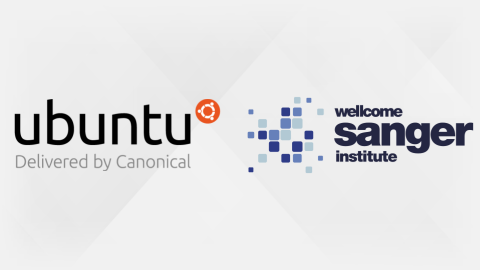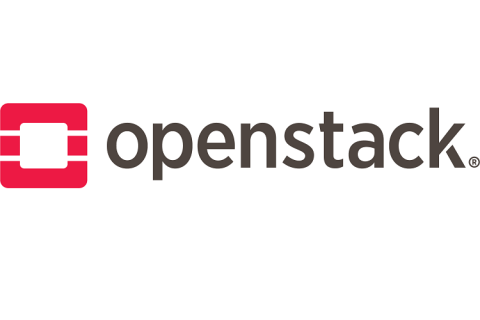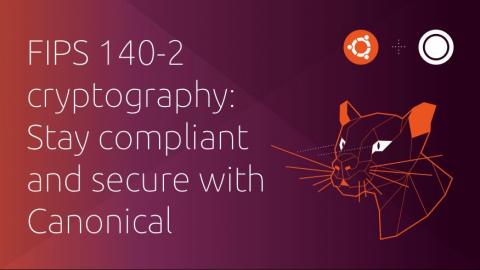Operations | Monitoring | ITSM | DevOps | Cloud
Canonical
The Wellcome Sanger Institute: sharing genomic research worldwide securely with supported Ceph
A world-leading genomic research centre, the Wellcome Sanger Institute uses advanced DNA sequencing technology for large-scale studies that surpass the capabilities of many other organisations. Among other works, the Institute is currently heading the UK-wide Darwin Tree of Life Project to map the genetic code of 60,000 complex species.
The State of Robotics - March 2020
Damn it March. 2020 was doing so well. The biggest news last month was the dramatic escalation of COVID-19. We won’t go into any detail, I’m sure you’re seeing enough of that. But due to the outbreak, the state of robotics this March has been, heartwarming. We have seen a surge in online learning platforms, companies, startups and communities rising to the challenge.
LXD 4.0 LTS stable release is now available
The stable release of LXD, the machine container hypervisor, is now available. LXD 4.0 is the third LTS release for LXD and will be supported for 5 years, until June 2025. This version comes with a significant amount of new features including adding virtual machines (VMs) support, the introduction of projects and improved networking, storage and security capabilities.
Edge AI in a 5G world - part 4: How your business can benefit from 'smart cell towers'
In part 1 we talked about the industrial applications and benefits that 5G and fast compute at the edge will bring to AI products. In part 2 we went deeper into how you can benefit from this new opportunity. In part 3 we focused on the key technical barriers that 5G and Edge compute remove for AI applications. In this part we will summarise the IoT use cases that can benefit from smart cell towers and how they will help businesses focus their efforts on their key differentiating advantage.
Edge AI in a 5G world - part 2: Why make cell towers smart?
In part 1 we talked about the industrial applications and benefits that 5G and fast compute at the edge will bring to AI products. In this part we will go deeper into how you can benefit from this new opportunity.
Edge AI in a 5G world - part 3: Why 'smart cell towers' matter to AI
In part 1 we talked about the industrial applications and benefits that 5G and fast compute at the edge will bring to AI products. In part 2 we went deeper into how you can benefit from this new opportunity. In this part we will focus on the key technical barriers that 5G and Edge compute remove for AI applications.
Canonical announces Managed Apps to simplify enterprise cloud operations
OpenStack distributions: How to choose the right one?
Choosing the right OpenStack distribution is essential to the success of an OpenStack project at every organisation. When selecting one, organisations should always follow certain criteria. Is it possible to operate the considered OpenStack distributions economically? How easy is it to deploy them? Can the organisation upgrade its production OpenStack cloud without affecting the workloads? Everyone planning to deploy OpenStack should ask themselves these questions.
FIPS 140-2: Stay compliant and secure with Canonical
FIPS 140-2 is a set of publicly announced cryptographic standards developed by the National Institute of Standards and Technology. It is an essential part of FEDRamp requirements for many governmental agencies in the US and Canada, as well as their business partners from all around the world. Furthermore, as a well established and verified security standard, an increasing number of large companies and financial institutions are asking for FIPS compliance.











